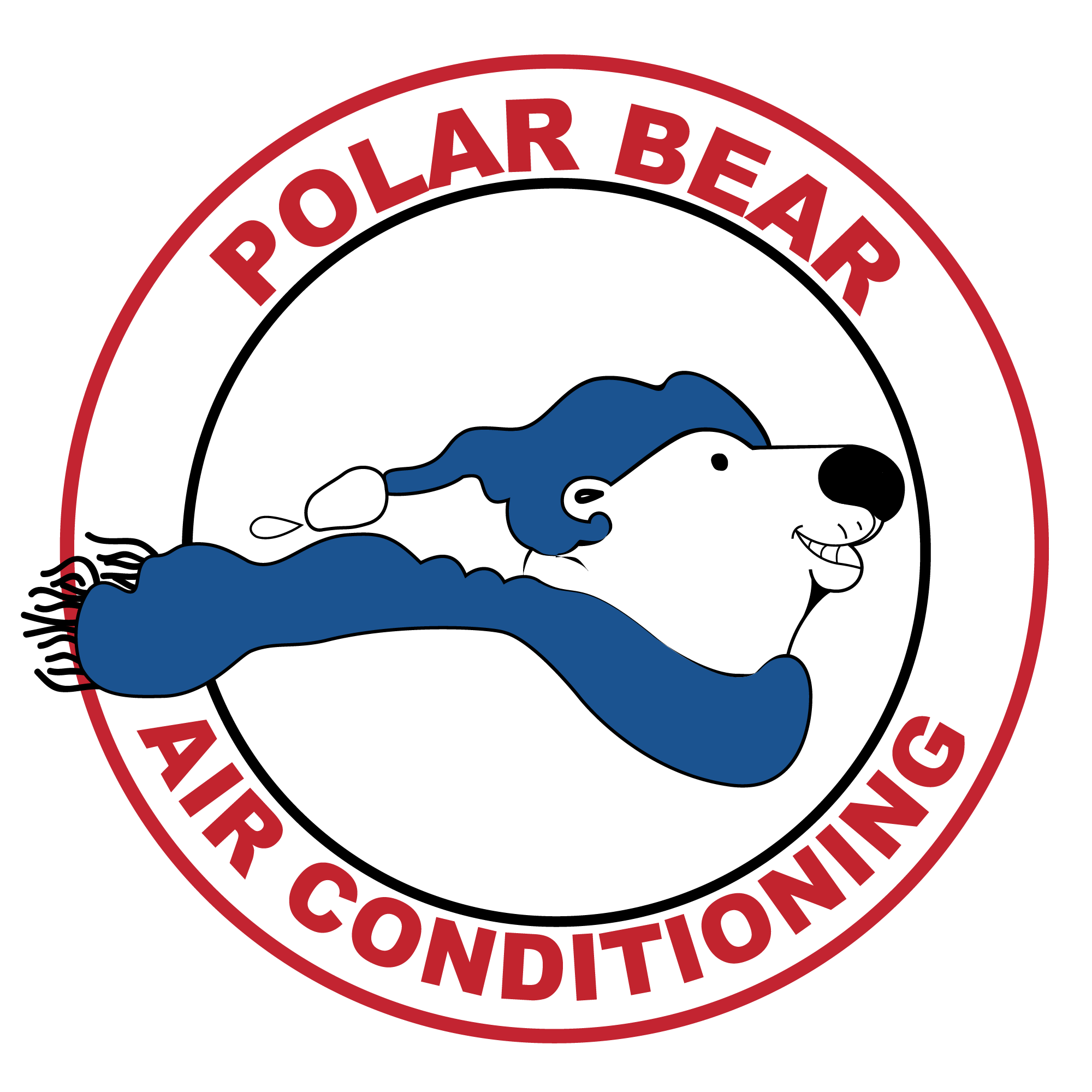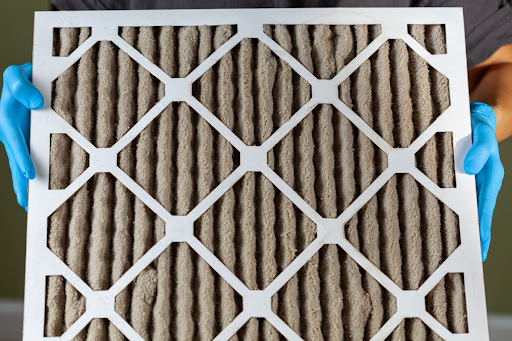Air conditioners play a significant role in our comfort — especially in hot climates like the Cayman Islands. However, it can be easy to overlook the parts that make them work. One critical component that often gets ignored is the air filter. Though small and out of sight, air filters are essential for the health and efficiency of our HVAC systems.
So, how often should you change your AC filter? Let’s dive into this topic and understand its importance.
What Does the Air Filter Do?
Air filters are fundamental components of any heating and cooling system. They trap dust, pollen, pet hair, and other airborne particles. This prevents harmful pollutants from entering the system and being recirculated in your home. Without a properly functioning air filter, these particles can clog the system, reduce its efficiency, and compromise indoor air quality.
Consequences of a Dirty Air Filter
What happens if you don’t change your AC air filter? A dirty filter can lead to several issues:
- Reduced Efficiency: A clogged filter makes your AC work harder to pull air through, which increases energy consumption and raises your energy bills.
- Poor Air Quality: Dust and allergens can bypass a dirty filter, leading to poor indoor air quality and potential respiratory issues.
- System Overheating: Restricted airflow can cause the AC unit to overheat, potentially damaging critical components and leading to costly repairs.
- Shorter Lifespan: Consistently running the AC with a dirty filter can shorten the lifespan of the system due to the added strain.
How Often You Should Change Your AC Filter
So, how often should you change your AC filter? This question doesn’t have a one-size-fits-all answer. The frequency depends on several factors:
- Type of Filter: Different AC filters have different lifespans. For instance, pleated filters may last up to three months, while basic fiberglass filters might need changing every month.
- Usage: If you use your air conditioner frequently, you’ll need to change the filter more often. For homes in warmer climates, like the Cayman Islands, where air conditioning runs most of the year, more frequent changes are necessary.
- Household Factors: Homes with pets or occupants with allergies or respiratory conditions require more frequent filter changes to maintain good indoor air quality.
- Environmental Factors: Living in an area with high pollution or construction can increase the amount of dirt and debris in the air, necessitating more frequent filter changes.
General Guidelines for Changing Your AC Filter
Here’s a quick guideline on how often you should change your AC filter based on common scenarios:
- Every 30-60 days: Frequent air filter changes are ideal for basic fiberglass filters or homes with pets.
- Every 90 days: This is for pleated filters in homes without pets or allergies.
- Every 6-12 months: Most air filter manufacturers recommend this schedule for high-efficiency filters or homes with few occupants and no pets.
It’s always a good idea to check your filter monthly and replace it when it looks dirty. A visual inspection can help determine if a change is needed sooner than the recommended time frame.
Signs of a Dirty Filter
Look out for these signs that your filter needs changing:
- Increased Dust: More dust around your home can indicate a clogged filter.
- Allergy Flare-Ups: If allergies or respiratory issues worsen, your filter might be to blame.
- Higher Energy Bills: A sudden increase in energy costs can be due to a struggling HVAC system.
- Poor Airflow: Reduced airflow from your vents is a clear sign your filter needs replacing.
How to Change Your AC Filter
Now that you know the importance of changing your HVAC air filter, it’s time for action. The process is quick and straightforward, consisting of just a few steps. Let’s review how to change your air filter:
- Turn Off Your AC: Before you start, make sure your AC unit is turned off to avoid any accidents.
- Locate the Filter: The filter is usually located in the return air duct or near the air handler. If you’re unsure, check your owner’s manual or contact an HVAC professional.
- Remove the Old Filter: Slide the old filter out carefully to avoid spreading dust and debris.
- Check the Condition: Take a look at the old filter to see how dirty it is. This can give you an idea of how often you should change it in the future.
- Install the New Filter: Slide the new filter into place, making sure it fits snugly and the arrows on the filter frame point in the direction of airflow.
- Turn Your AC Back On: Once the new filter is in place, turn your AC unit back on and enjoy cleaner air and better efficiency.
When to Enlist Professional Help
If you’re unsure about changing your HVAC filters yourself or have any concerns about your air conditioning system, it’s best to contact a professional. At Polar Bear Air Conditioning, we offer reliable AC maintenance in the Cayman Islands, helping your system run smoothly and efficiently.
Contact Our AC Experts Today!
By understanding how often you should change your AC filter and recognizing the signs of a dirty filter, you can keep your home comfortable and efficient. Remember, a little maintenance goes a long way in extending the life of your system and improving the air you breathe.
So, how often should you change your AC filter? It depends on various factors, but the general rule is to check it monthly and replace it as needed. Don’t wait until you notice problems — make HVAC filter changes a regular part of your home maintenance routine. And if you need professional help, Polar Bear Air Conditioning is here to assist you.
Schedule your service today and breathe easy, knowing your AC system is in good hands! Additionally, if you’re concerned about the air quality in your home, we provide indoor air quality services. Let us help you stay comfortable year-round!


0 Comments